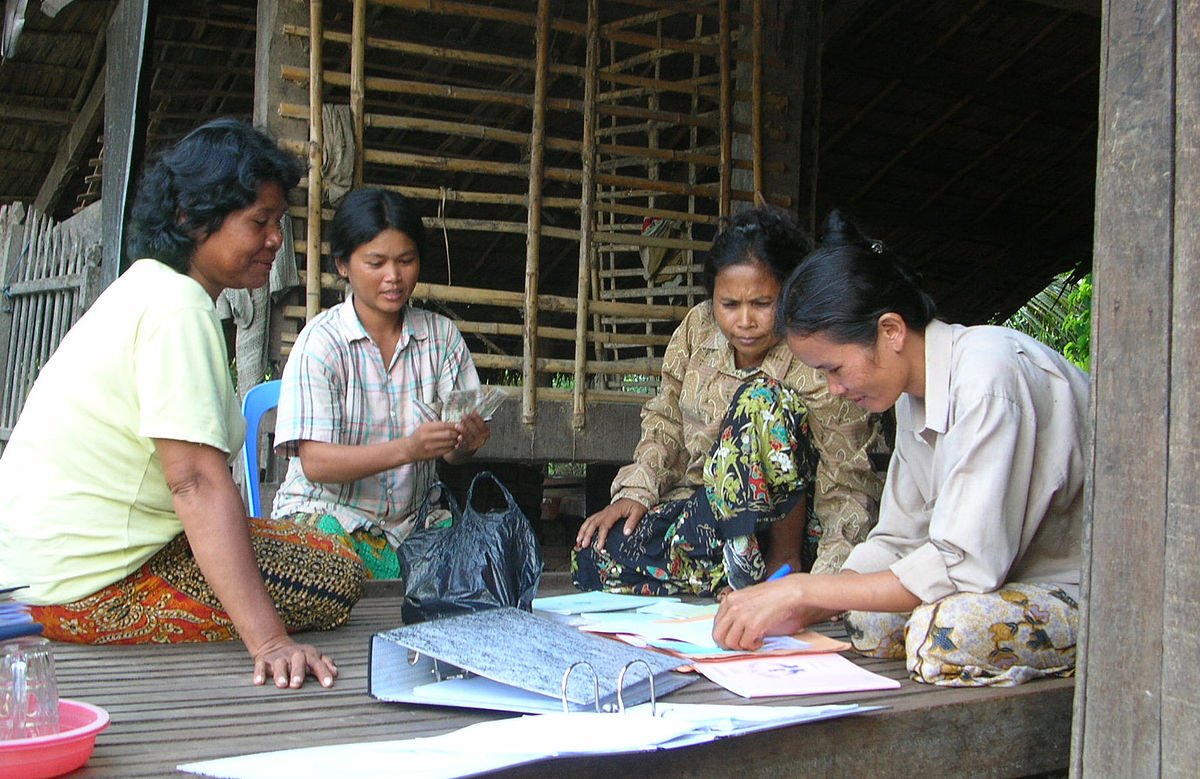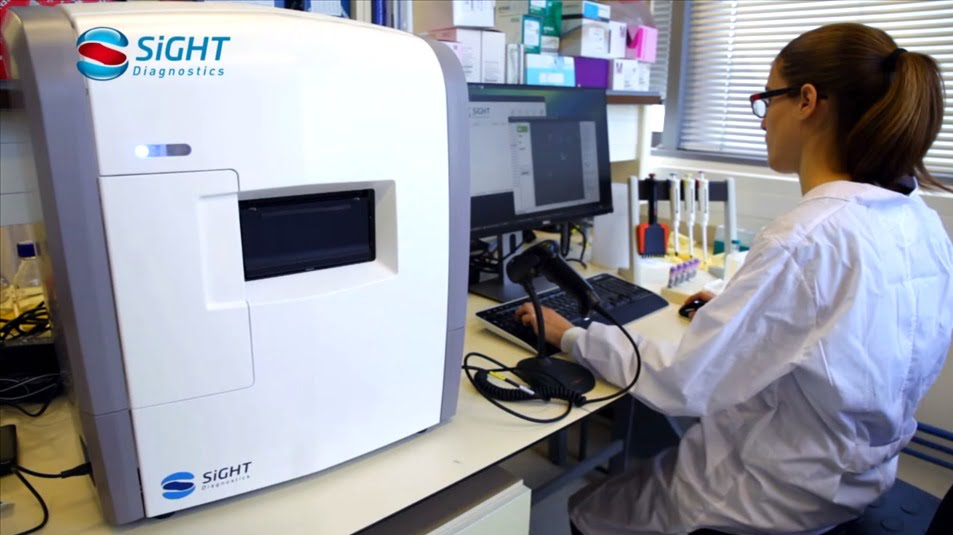Is impact investing more than just a buzzword? The term has been tossed around in the media as a hybrid between investment and public service — but this definition can be contested.
SEE ALSO: These Israeli Companies Fight World Hunger With Innovative Technologies
In his recent visit to Israel, veteran venture capitalist Sir Ronald Cohen explained at the inaugural Impact Investing Israel conference that social outcomes could be tied to financial returns. “If in the 19th century and before investors measured financial return, and if in the 20th century they measured risk and return, [then in] the 21st century, we’re already measuring risk, return, and impact.”
The jury is still out as to whether social impact necessarily correlates to net positive financial returns. However, Cohen seems to be aiming for a more basic point. If investors can consider their social impact alongside their profits, then they should – what in the economic literature has been termed the “double bottom line.”
Social impact champion
Cohen has championed the model of social impact bonds (SIBs), which like traditional bonds, are issued by governments and offer financial return to investors at a relatively low risk. Yet, unlike traditional bonds – the return of which depends on interest rates at the date of maturity – SIBs are correlated to the achievement of pre-agreed social outcomes.
In November 2014, Social Finance Israel (a branch of Cohen’s London-based advisory firm Social Finance) and the Rothschild Caesarea Foundation announced the creation of Israel’s first SIB, which will aim at reducing the dropout rates of computer science students from Israel’s University of Haifa and from the Academic College of Tel Aviv-Yafo. Although the rate of return was not yet disclosed, it is expected to range between five and 10 percent, similar to the 50 SIBs in the UK and the US.
More than one model
While Cohen continues to advocate the public-private partnership that social impact bonds foster, other venture capital funds have been crafting their own model of impact investing. “There is a huge leverage on every dollar you invest in technology,” according to Chemi Peres, founding partner in the Israeli venture capital fund Pitango. The return on investment (ROI) could be higher than other industries (if the startup succeeds), such as retail or healthcare (30 percent higher by some estimates), but more importantly, if the technology is adopted, it scales quickly.
The speed of change that technology facilitates is key to social impact, argues Eytan Stibbe, founder and board member of the Centre for African Studies at Ben Gurion University. “The biggest cost for housing is the speed,” he said at the conference. “If you succeed in building fast, you can save the majority of your costs.”
Also a founding partner in Vital Capital, a $350 million private equity fund that invests in Sub-Saharan Africa, Stibbe has led a $92 million dollar investment to build 40,000 affordable, high-quality housing units in urban areas in Angola. The sale of the first 15,000 houses has exceeded $2 billion, and the fund has already recouped over half of its initial investment.
Peres has championed a similar model of investment in Impact First, a social impact investment fund, which he leads with Yair Safrai. The fund has already invested in five companies, including Catalyst AgTech, an Israeli company that has developed a technology that minimizes the environmental impact of agrochemical products, without reducing crop yields.
Sign up for our free weekly newsletter
Subscribe“We’re acting like a venture capital fund,” Peres said at the conference. “We conduct due diligence at every company we’re looking at. We want to know that the impact comes first and that making money is just an ability, because if you cannot sustain that business maybe we shouldn’t really get involved.”
Peres’ point is not uncontentious, and begs the question: Are entrepreneurs and investors in it for profit or impact? Renowned economist and former US Secretary of Labor Robert Reich has repeatedly argued that the government’s job of ensuring its citizens’ social welfare cannot be left at the doorstep of private companies. “To credit these corporations with being ‘socially responsible’ is to stretch the term to mean anything a company might do to increase profits if, in doing so, it also happens to have some beneficent impact on the rest of society,” he writes in his book Supercapitalism.
Grounded optimism
Entrepreneurs, however, have not been warded off by the unconventional paradigm of private investment for public good. Yossi Pollak is a case in point. When he set out to create a faster, more accurate malaria test, he not only had to engineer a superior test; the INSEAD graduate also had to ensure that the company he founded, Sight Diagnostics, would be profitable in Sub-Saharan Africa — a region most startups would not even consider when drafting their five-year growth plan.
SEE ALSO: Israel’s SightDx Detects Malaria In Blood In Only Three Minutes
However, Sight Diagnostics (SightDx) is one Israeli company that understands its value not only in terms of revenue and market share, but also in light of its impact on society. That is, they believe that their company should make profit and bring about a positive social change.
“A lot of Israelis are looking to work and to create a change,” says Ronny Faivelovitz, founder of Impact Investment Israel, an advisory firm that helps entrepreneurs and investors break into the field of impact investing. “Before, they would have had to stop working and go to the nonprofit sector. Now, there is a way that they can do things they like, earn money, and create a change.”
However, these startups don’t pretend to be nonprofit organizations, says Revital Hendler, co-founder of Breezometer, which has developed an app that measures pollution. “In the end, you have to be like an ordinary startup.” Breezometer’s lead investors Entree Capital and Launchpad Digital Health are not charities, she stresses; rather, the founders won the investment by presenting a “sustainable and scalable” business model.
It seems that even if it’s the responsibility of the government to tackle social issues, it’s hard to ignore the work of companies like Sight Diagnostics, which in the footsteps of the Gates Foundation, is working to eradicate a disease that traditional charities and global health organizations have so far been able to slow, but not end.
Here’s to many more Israeli social startups!
Photos: www.CheapFullCoverageAutoInsurance.com, Brett Matthews (via Wikipedia Commons), Sight Diagnostics, UK Cabinet Office, Crown Copyright, Shiri Paamony Eshel, Vital Capital
Related posts

Rehabilitation Nation: Israeli Innovation On Road To Healing

Israeli High-Tech Sector 'Still Good' Despite Year Of War









Facebook comments